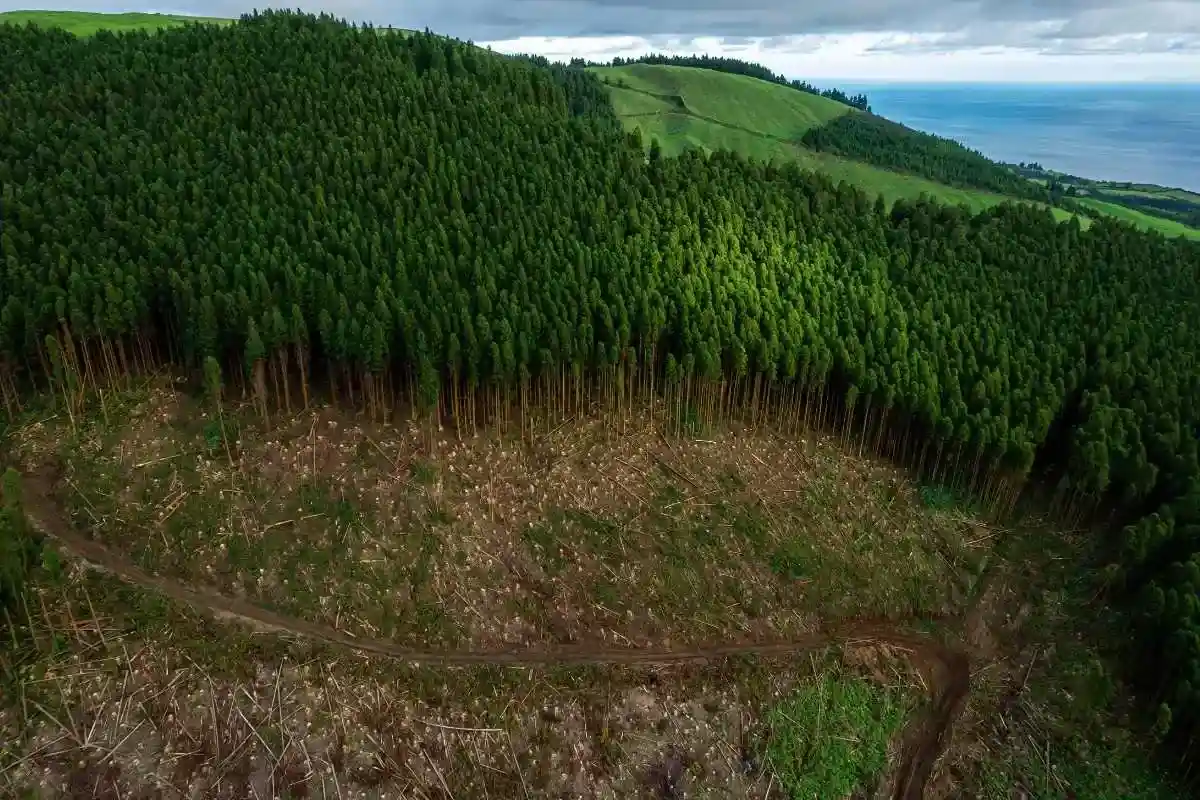
As the global population grows, the demand for land, food, and natural materials continues to rise, creating a constant struggle between economic development and environmental preservation. Societies must find ways to meet their needs without destroying the forests that sustain the planet’s health. The ongoing increase in global deforestation exposes the challenge of balancing human progress with the urgent need to protect natural ecosystems.
Deforestation is driven by a combination of economic, environmental, and social factors. Forests are often cleared for agriculture, livestock grazing, mining, and logging. These activities may bring short-term profit, but they also cause long-term harm. When trees are removed, the carbon stored within them is released into the atmosphere, accelerating climate change. Deforestation disrupts rainfall patterns, increases soil erosion, and destroys habitats that are essential for countless species. Beyond the environmental impact, these actions displace indigenous and rural populations, threatening their traditions and livelihoods. The result is a deeply complex issue that touches every part of the world.
Tackling deforestation requires cooperation, innovation, and accountability. Governments and corporations can implement sustainable land-use policies and enforce conservation laws that protect forests while still supporting economic growth. Reforestation, agroforestry, and sustainable timber harvesting offer promising ways to restore damaged landscapes and reduce pressure on existing forests. At the same time, wealthier nations and global institutions must help developing countries through fair trade, funding, and access to technology that supports sustainable alternatives to deforestation.
Communities and individuals also play a key role. Local conservation projects, community forestry, and environmental education empower people to take responsibility for their surroundings. Simple actions like reducing paper use, purchasing certified sustainable products, or advocating for environmental policies can make a difference when practiced collectively. Protecting forests starts with awareness and everyday choices that honor the balance between human needs and the planet’s well-being.
Why has deforestation become such a critical global issue in recent years? What economic, environmental, and social factors are driving it, and how can these challenges be addressed through sustainable and fair solutions? How can individuals, communities, and governments collaborate to restore forests and encourage responsible land use? Forests are more than just natural resources. They are living systems that regulate the Earth’s climate, nurture biodiversity, and sustain human life. What steps can we take to ensure that progress and preservation coexist, allowing forests to thrive for generations to come?
Use the online submission form when sending your articles to help us track all of your submissions. Please try to write about the above topic. Your response should be at least 1,000 words.
To receive credit, your effort is what matters. You should find ways to contribute thoughtful ideas that will help others. Feel free to use personal stories or other information that you want to share, but do not use real names or other identifying information. You may write your response in the space provided or upload your response. Once we review your response, you will receive credit.
Click the button below to submit your article and get your credit.